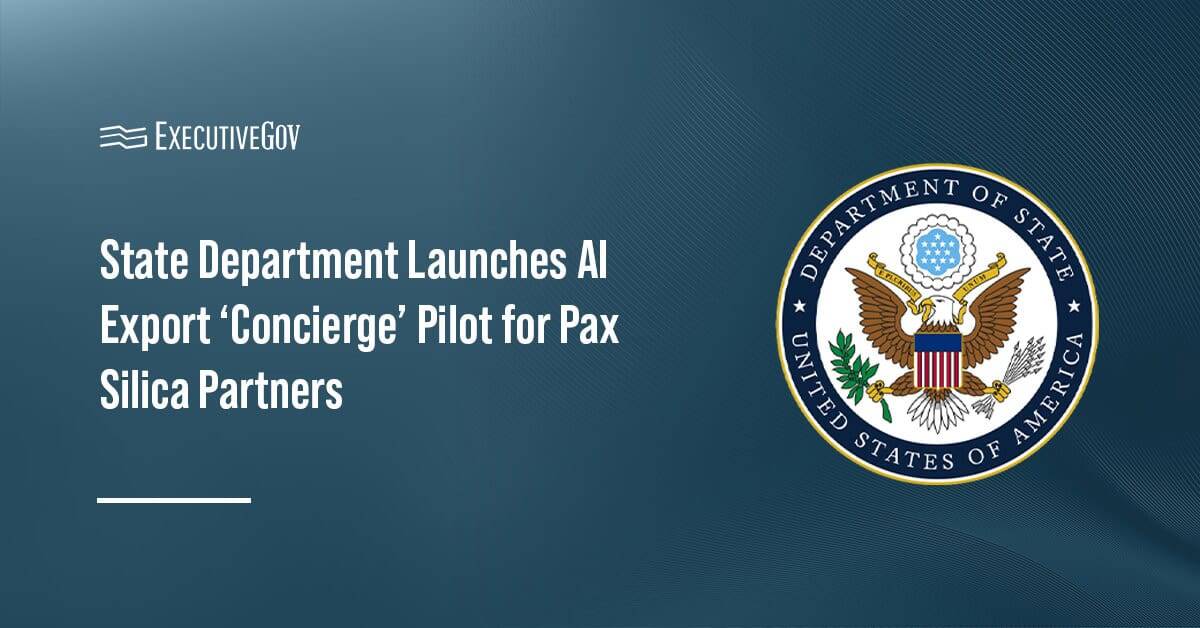Database management system developer Neo4j has received approval to join a U.S. Air Force-run digital hub of binary container images intended for use on Department of Defense networks.
The company said Wednesday it built a hardened container with the Air Force’s Platform One software development team and will offer the technology via the DOD Centralized Artifacts Repository.
Jim Webber, chief scientist of Neo4j, noted the company aims to help DOD network users understand data connections.
The graph technology provider used an authorized base image and followed a container hardening guide as part of the Iron Bank certification program.
Nicolas Chaillan, chief software officer of the Air Force, said the service built DCAR “as part of our effort to select, certify, and secure best of breed development tools and software capabilities.”
The U.S. Army implemented Neo4j’s platform to monitor equipment maintenance data.





